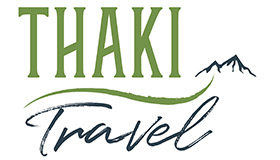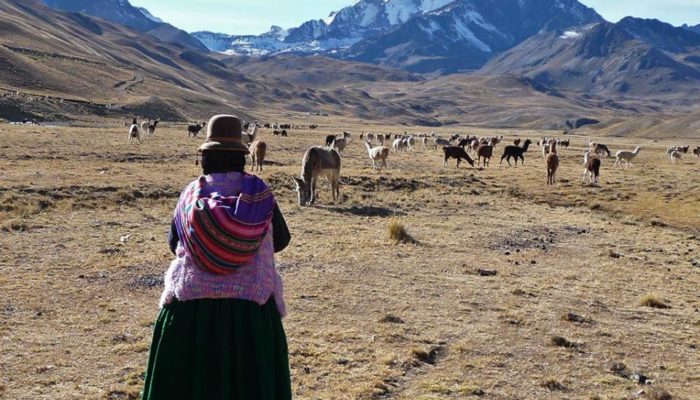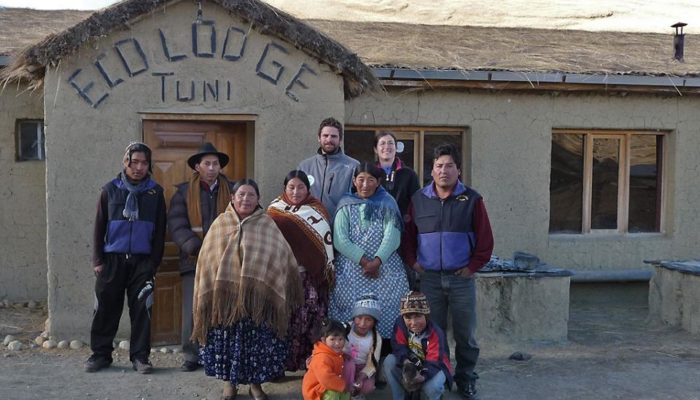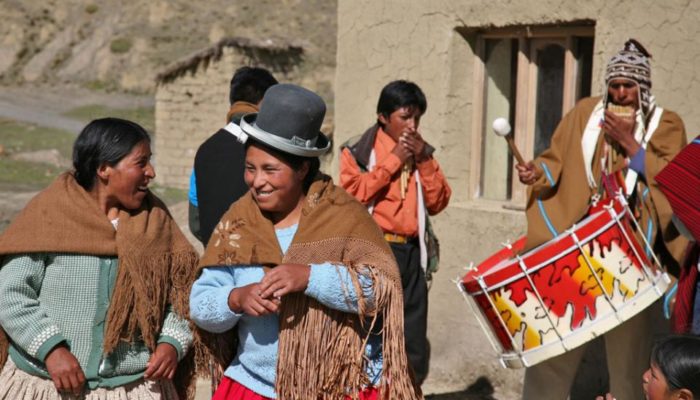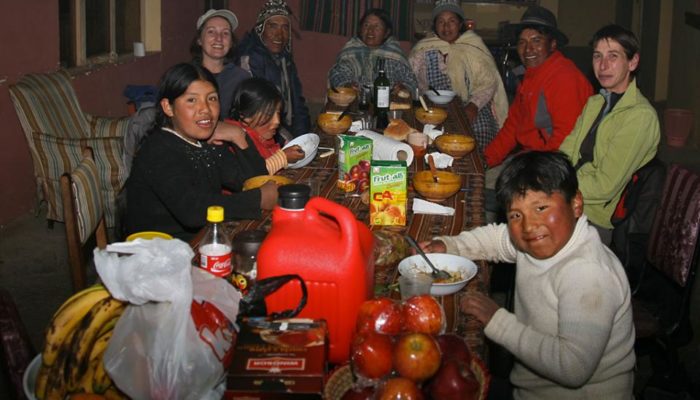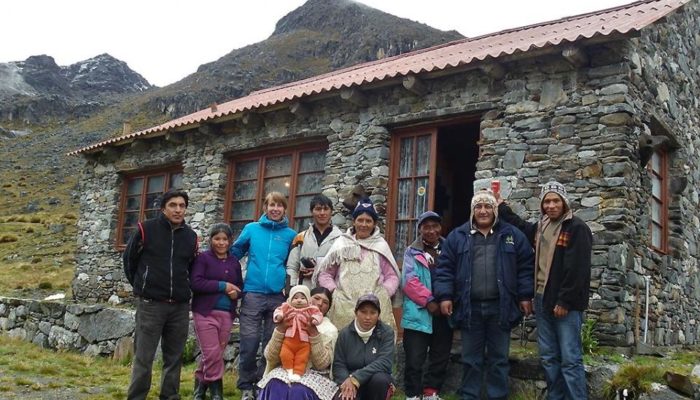THE COMMUNITY OF « TUNI »
The community of Tuni is located in the Royal Cordillera, at the foot of Condoriri Massif. It is a nice little village, at only 3 hours drive from La Paz as well as from Copacabana. Before the arrival of tourism, its inhabitants were essentially living from agriculture and mining. The village hosts 80 people in 15 families.
In the beginning of the 70’s, mountaineering passionate tourists and curious started to look at the summits of this gorgeous massif, formed by the Head of the Condor and the Pequeño Alpamayo. Then, the first local travel agencies started to contract village citizens as porters. Little by little, porters became cooks or sometimes guides. That’s how Calixto started to work in tourism. By mid 80’s, its 15 years old son Andres decide to follow his father’s footprints. At this time, villagers seldom go to the city. Every morning, they were communication through radio in Aymara language to know if clients were on the way and thus prepare their arrival according to the tour they had chosen.
In the years 2000, the growth of touristic activity brought the community a non-negligible income supplement to the agricultural labours they were doing during the low season. The 3 bothers of the Quispe family, Andrés, Jaime and Gonzalo decided then to invest in a 4WD vehicle and thus expand their offer. Furthermore, they could go to the city more easily and fetch customers at La Paz.
Tuni is unavoidable if you go to those desired summits of Condoriri Massif. It was a good opportunity to offer comfortable accommodation and good meals before or after ascents. That’s how they logically built a refuge with food service. Customers themselves asked for it.
By beginning of 2008, all villagers got motivated and started to build the refuge by themselves, with adobe bricks they already had prepared some months ago. They used the foundations of an old building belonging to Aguas del Illimani during the time they built the dam close to Tuni Lake. They did it according to their ideas, all together, during two months. The loan only was sufficient to pay the building shell. Furniture and supplies were financed by some local families. The families involved in the loan repay it to the lender after every tourist hosting.
On this same year, a customer used the community accommodation recently built. He was Alain Malatrait, a hydraulic engineer and member of the association Hydraulic without frontiers. He was charmed by the kindness and warmth of the villagers. At this time, there was no tap water. Actually, the community was trying to bring water though an artisanal catchment, from a water source located some kilometres far from the village. Alain Maletrait seeing villager’s difficulties for completing this work decided to give a hand. Back to France, he set up a financing application. The priority was to implement a sustainable system to provide potable water (source collection structure, 1.1 km trenched pipe, 30 m3 reservoir, and alimentation of two fountains). Aside, there was a power supply forecasted. The total budget for the first stage was 10000 USD.
After some time, people of the community thought the project was abandoned. But in 2012, Alain Malatrait came back with an engineer to help them and who stayed 2 months and a half to construct the catchment. Once completed, the catchment system was inaugurated on 16th June 2012.
At the same time, they managed to finance the implementation of an electric hydraulic system. The community brought 1200 USD while Alain brought the rest to reach a total budget of 11600 USD. Meanwhile, the inhabitants of Tuni got a donation from EPSAS (Pipes to transport water). In the end, they used the budget for the pipe to finish the installation of electricity. They got help from a hydraulic engineer from Zongo (A nearby valley with many hydraulic power plants) to install a generator which provides electricity for the whole village. An unprecedented achievement for this little village.
Today, the entire village can live on the touristic activity, combining with agriculture works during touristic low season. Any person is paid after giving the touristic service: cook, guide, porter, musician, etc. which benefits to the whole community. The income generated by the lodge is redistributed to the families who invested in it.
This activity is supervised by an administrator who is replaced every year after a vote of the community. All the incomes per family are recorded every year to check the coherence and equity of the business.
Along with this communitarian project, another lodge was constructed, thanks to funding from the government association EMAPAR, which provided 23000 USD. On the other side, 14 families contributed with 6000 USD. Another community housing has been built in the village. This time, EMAPAR the building was realised by a constructor, without help from villagers. This help was done inside a global project of the government to develop communitarian tourism. The village can now host more visitors, thus give work to more people. As for the first lodge, benefits are redistributed between families which invested in the project.
Future projects of the community of Tuni:
- Implementation of telephone network.
- Medical permanence in the village
- Wastewater treatment.
